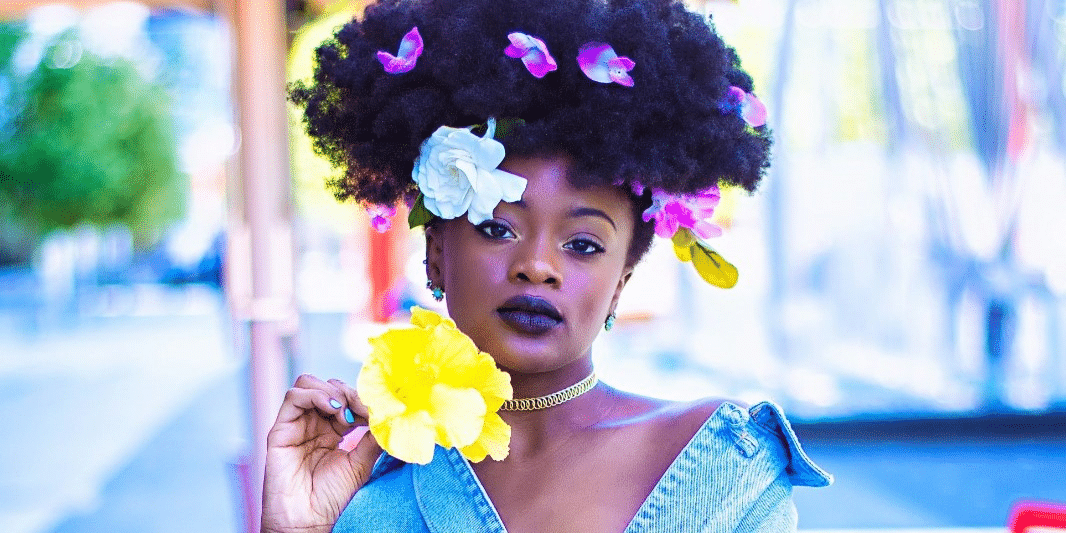Folk music has a rich and diverse history, rooted in the traditions and cultural heritage of various communities around the world. While the genre is often associated with white musicians and performers, the contributions of Black artists to the folk music scene have been significant and far-reaching. From the early pioneers of blues and gospel to contemporary singer-songwriters, Black artists have played a crucial role in shaping the sound and narrative of folk music. In this article, we’ll explore the legacy and impact of Black artists in the folk music scene, highlighting their contributions and influence on the genre.
Pioneers of Blues and Gospel
The roots of folk music can be traced back to the African American communities of the southern United States, where songs of struggle, resilience, and liberation were passed down through oral tradition. Pioneers of blues and gospel music such as Lead Belly, Blind Lemon Jefferson, and Sister Rosetta Tharpe laid the foundation for the folk music revival of the 20th century. Their raw and emotive performances captured the essence of the human experience, inspiring generations of musicians and shaping the sound of folk music for years to come.
Influence on Folk Revival
The folk music revival of the 1950s and 1960s saw a resurgence of interest in traditional folk music, driven in part by the social and political upheaval of the time. Black artists played a crucial role in this revival, infusing traditional folk songs with their unique perspectives and experiences. Artists like Odetta, Josh White, and Harry Belafonte brought elements of blues, gospel, and African musical traditions to the forefront of the folk music scene, challenging stereotypes and expanding the boundaries of the genre.
Songwriting and Storytelling
Black artists have long been celebrated for their songwriting prowess and storytelling abilities, which have contributed to the richness and depth of the folk music canon. From protest songs and ballads to narratives of love, loss, and resilience, Black songwriters have crafted timeless classics that resonate with audiences of all backgrounds. Icons like Bob Dylan, Joan Baez, and Pete Seeger drew inspiration from the work of Black folk musicians, incorporating their songs and stories into their own repertoire and amplifying their voices on a global scale.
Diversity and Representation
Despite facing systemic barriers and discrimination within the music industry, Black artists have continued to push boundaries and challenge stereotypes in the folk music scene. Today, a new generation of Black artists is making waves in the genre, bringing fresh perspectives and innovative sounds to the table. Artists like Rhiannon Giddens, Valerie June, and Dom Flemons are redefining the boundaries of folk music, blending traditional roots with contemporary influences and paving the way for future generations of musicians.
Preservation of Cultural Heritage
One of the most significant contributions of Black artists to the folk music scene is their role in preserving and celebrating cultural heritage. Through their music, Black artists have kept alive the traditions, stories, and struggles of their ancestors, ensuring that their voices are heard and their legacies are honored. From field hollers and work songs to spirituals and freedom songs, Black folk musicians have played a vital role in preserving the cultural heritage of African American communities and sharing it with the world.
Collaboration and Cross-Cultural Exchange
Folk music has always been a genre characterized by collaboration and cross-cultural exchange, with artists drawing inspiration from diverse musical traditions and influences. Black artists have been at the forefront of this exchange, forging connections and collaborations with musicians from all walks of life. Whether through jam sessions, festivals, or recording studios, Black artists have contributed to a rich tapestry of sounds and styles that reflect the diversity and complexity of the human experience.
A Mark on the Genre
In conclusion, the contributions of Black artists to the folk music scene are undeniable and profound. From the early pioneers of blues and gospel to contemporary singer-songwriters, Black musicians have left an indelible mark on the genre, shaping its sound, narrative, and cultural significance. Their influence can be heard in the melodies of protest songs, the rhythms of traditional ballads, and the stories of resilience and resistance that continue to inspire audiences around the world. As we celebrate the legacy of Black artists in folk music, let us honor their contributions and continue to amplify their voices for generations to come.







